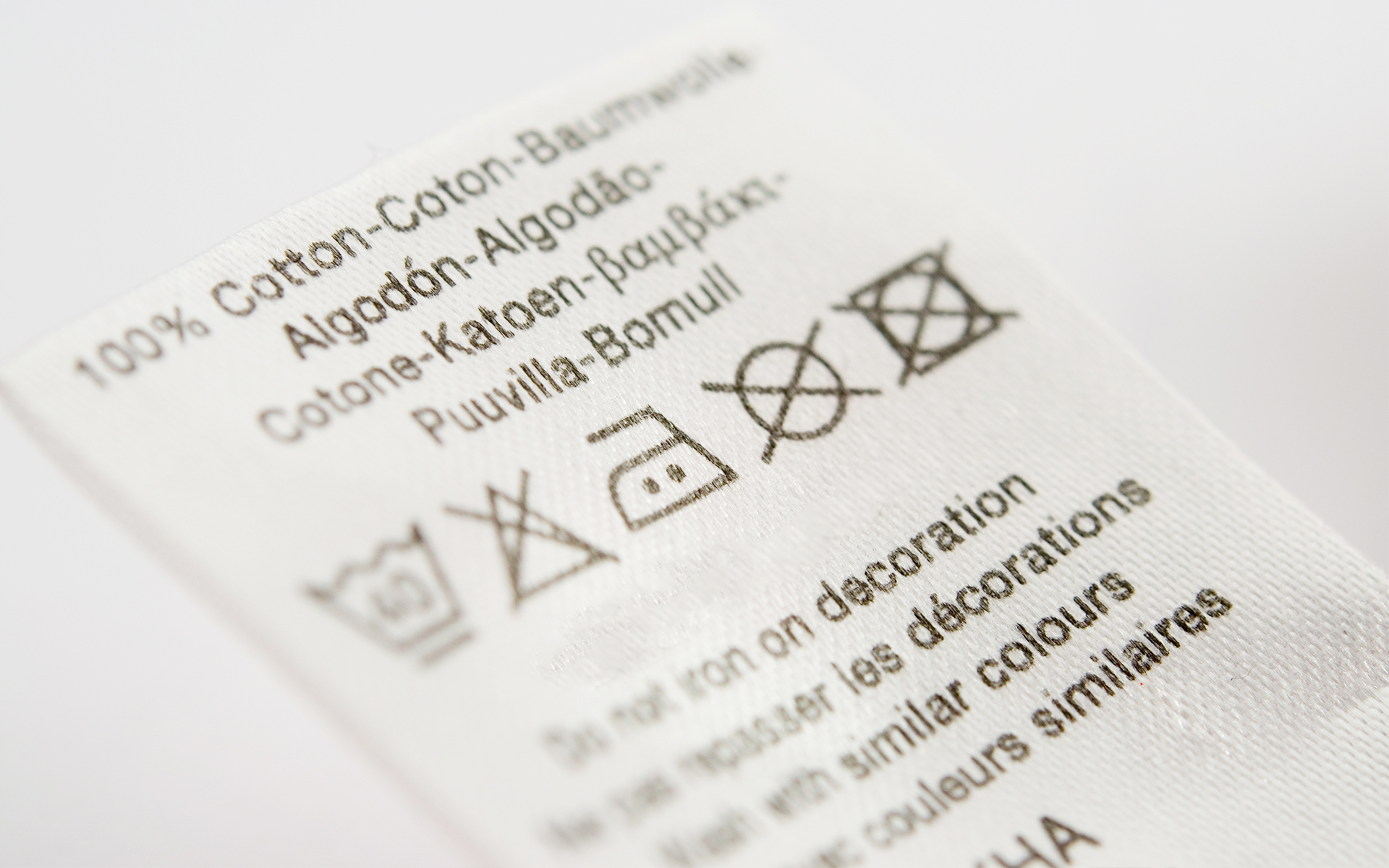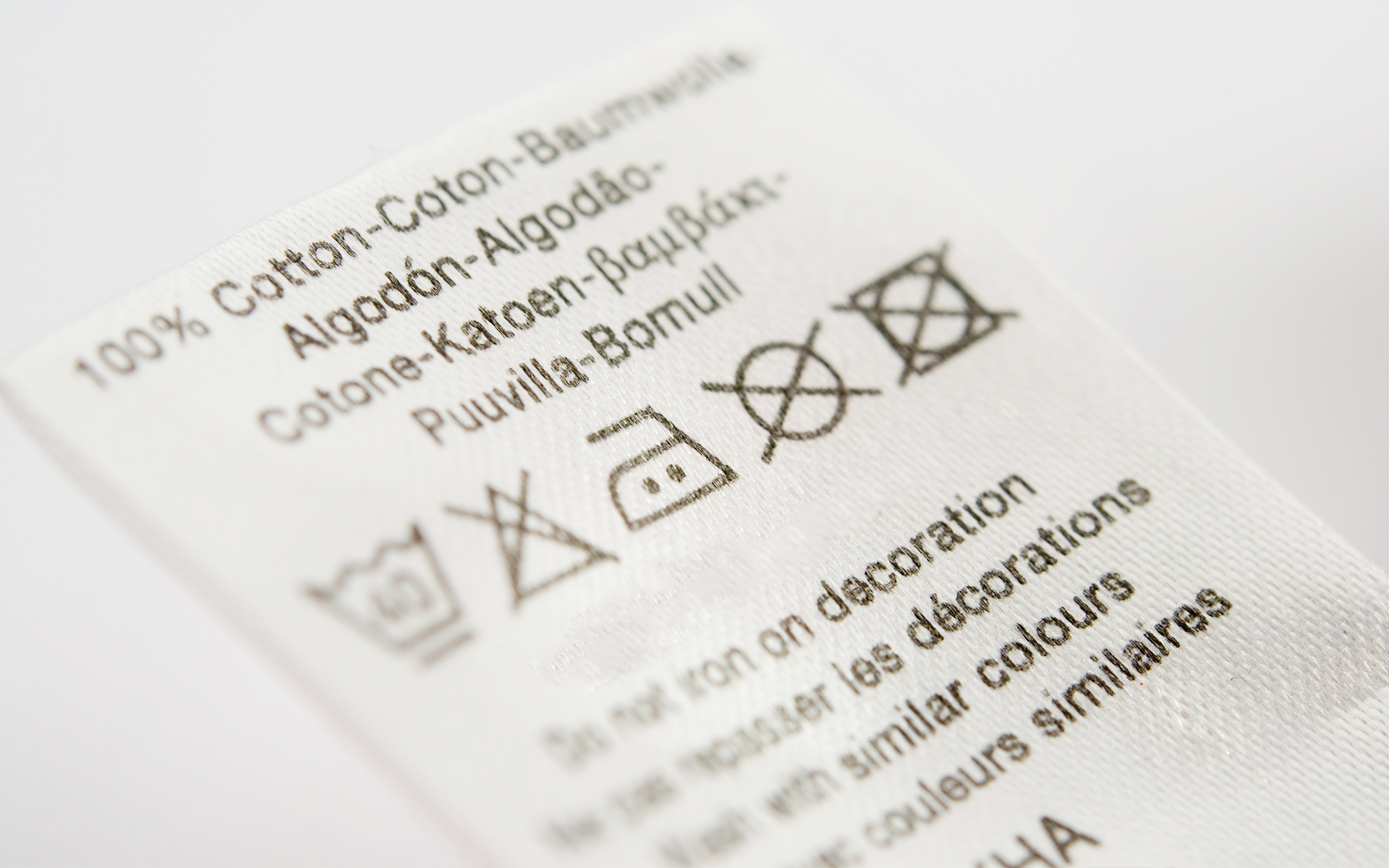

Care for your Sharkproject clothes and reduce microplastics
Care instructions textiles
Every material is a little different and has varying properties and therefore needs different care. For this reason, you should always read the care labels on the individual garments.
These are usually located on the inside of the garment. Here you will find all the important information for general cleaning.
General care instructions:
- We recommend that you wash the garments at 30° Celsius.
- Wash with similar colours
- Do not dry-clean
- Printed and embroidered textiles should always be turned inside out before washing.
- Always close zips and Velcro fasteners before washing.
- Do not use bleach or fabric softener.
- Printed and embroidered textiles can be tumbled dried, but only a gentle programme should be selected.
- Do not iron directly onto the print, always iron inside out.
Reduce microplastics
Everyone can help. It starts with washing!
Our Sharkproject clothes are mostly made of organic cotton or other natural fabrics. There may also be a small amount of recycled man-made fibres in our products. Therefore, the following microplastic reduction guide applies to our clothes as well.
- Fill your washing machine to the brim: When you wash a full load, there is less friction between the clothes. This way, fewer fibres are released.
- Use liquid detergent instead of powder: The "scrubbing" action of the powder granules loosens the fibres of the clothes more than liquid detergents.
- Use a fabric softener: Some ingredients in fabric softeners reduce friction between fibres, so the release of microplastics is reduced.
- Wash at low temperature: Washing clothes at high-temperature damages some fabrics, leading to the release of fibres.
- Avoid long washing: Long washes cause more friction between fabrics, causing fibres to tear more.
- Spin your laundry at low speeds: Higher speeds increase friction between laundry items, which can cause fibres to come loose more easily.
- Avoid buying synthetic clothes: if possible, look for natural materials that are sustainably produced.
Source: https://www.oceancleanwash.org/
